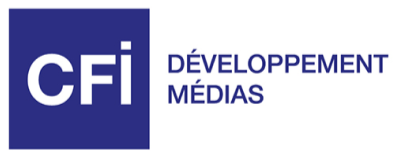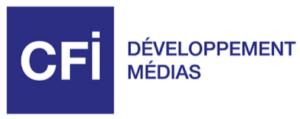Educational objectives
Objective 1: The trainer is able to define freedom of expression and freedom of the press, as well as their role in a democratic society.
Objective 2: The trainer is able to present the different ethical principles of journalists.
Objective 3: The trainer can explain to their students the central role of journalists in society, who also act as a counter-power and, when necessary, denounce abuses of power by leaders.
Freedom of expression and freedom of the press
- Freedom of expression is a right, the right to freely express what one thinks.
If freedom of expression allows everyone to be free to think and express their opinions, it also has its limits: one must avoid defamation, insults, incitement to hatred against a group because of its religion, skin color, or sexuality, and encouragement of terrorism or war crimes.
- Freedom of the press, which reflects the right to freedom of expression, guarantees citizens access to all the necessary information to form their opinions freely.
Newspapers have the role of informing readers and fostering debates of ideas among citizens. To do this, journalists follow rules. They can cover all subjects, but must take care to verify information to ensure its quality.
In some countries, freedom of the press may be undermined, and journalists may be prevented from covering certain events or criticizing those in power. Each year, the NGO Reporters Without Borders publishes a ranking on press freedom around the world.
Journalism ethics
- Journalism is a field that consists of researching information, verifying it, placing it in context, prioritizing it, shaping it, commenting on it, and publishing quality information; it cannot be confused with communication.
- The practice of the profession: The notion of urgency in the dissemination of information or exclusivity must not take precedence over thorough investigation and source verification. To work under proper conditions, the journalist must be able to freely carry out all aspects of the profession (investigations, inquiries, capturing images and sounds, etc.), have access to all sources of information concerning facts that affect public life, and be guaranteed protection of the confidentiality of their sources.
- The Declaration of the Rights and Duties of Journalists of Munich, drafted in 1971 by all journalists’ unions at the European level, provides guidelines for an ethical practice of journalism. According to this declaration, a journalist worthy of the name:
- respects human dignity and the presumption of innocence;
- considers critical thinking, truthfulness, accuracy, integrity, fairness, and impartiality as the pillars of journalistic action;
- considers baseless accusations, intent to harm, document alteration, fact distortion, image misuse, lying, manipulation, censorship and self-censorship, and lack of fact-checking as the most serious professional misconducts;
- exercises the greatest vigilance before disseminating information, regardless of its source;
- has a right of follow-up, which is also a duty, on the information they disseminate and ensures that any published information proven inaccurate is quickly corrected;
- defends freedom of expression, opinion, information, commentary, and criticism;
- rejects any dishonest or venal means to obtain information;
- does not accept money from a public service, institution, or private company where their role as a journalist, influence, or connections could be exploited.


